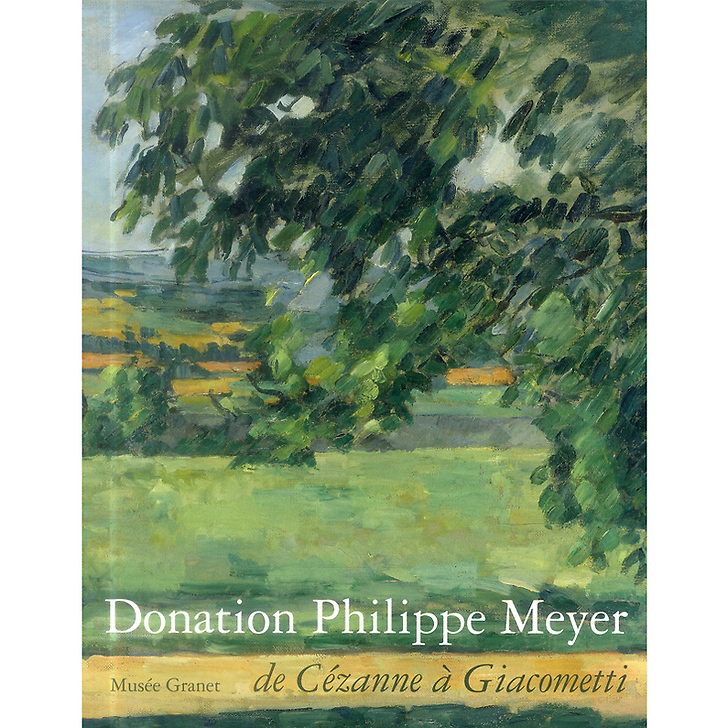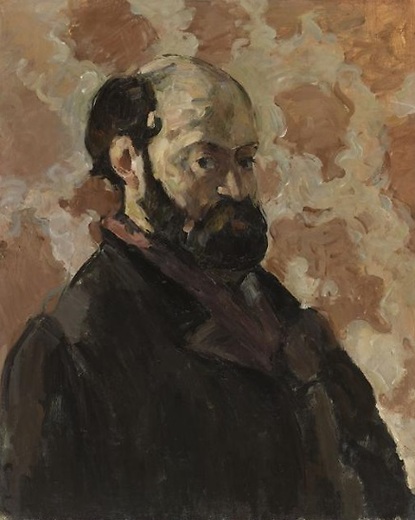Philippe Meyer donation: from Cézanne to Giacometti - Musée Granet
GB106168
Sold by Réunion des Musées Nationaux
Characteristics
- Number of pages
- 48
- Dimensions
- 21,1 x 26,6 x 0,6 cm
- Artist
- Paul Cézanne (1839-1906)
- Number of illustrations
- 80
- Museum
- Autres musées
- Art movements
- 18th century, 20th century, 19th century, Impressionism, French paintings, Neo-Impressionism
- Reference
- GB106168
- EAN
- 9782711861682
- Publication date
- Décembre 2013
- Diffusor
- EDITIONS FLAMMARION
- Distributor
- EDITIONS FLAMMARION
- Conservation museums
- Paris - Réunion des musées nationaux- Grand Palais, Aix-en-Provence - Musée Granet



